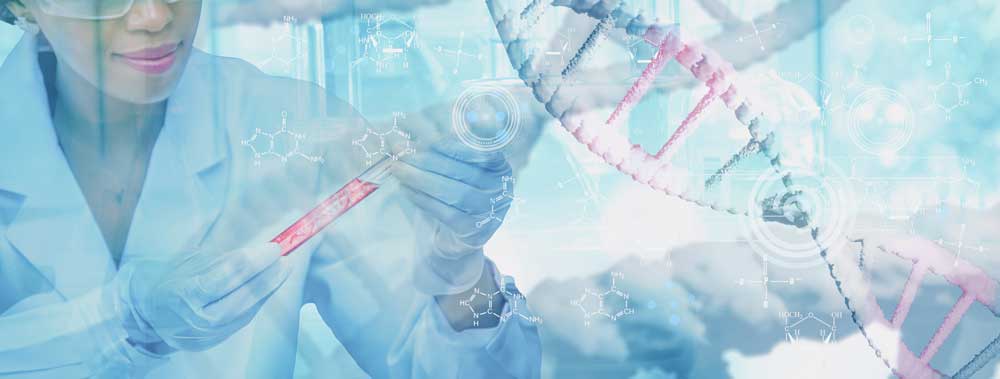Last year, actor Suniel Shetty backed a healthcare startup that enabled individuals to take charge of their own health. It empowered them with the confidence and expertise required to create a customised plan that would enhance various aspects of their well-being, on their own terms.
This trend is called Biohacking and is picking up in India, but it is already hugely popular globally. Shetty said, ‘Biohacking is important because one must know where you are lacking and to know how to live a long life. You can delay old age. This is a science, understanding your own biology.’
Biohacking is based on the idea that you can change your environment – both within and around – to change your health. It is also called human enhancement or do-it-yourself biology! Biohacking allows you to take control of your own body and create positive changes. One size does not fit all, and no one understands your body better than you! So, a highly customised DIY approach is recommended, but with tools and information that are science-backed. The global biohacking market is growing exponentially and is set to touch $63 billion by 2028.
‘Biohacking is a concept that encompasses a lot of sciences,’ says nutritionist Shaila Khan. ‘It uses biology, genetics, neuroscience, nutrition, technology and even AI. The idea is to leave no stone unturned in assessing and understanding your own body. You can then make changes that impact every facet of your well-being physical and mental health, overall wellness, and weight loss.’
There are four key ways in which Biohacking can be used:
1. Lifestyle: The simplest and most common, even unconscious, way to use biohacking is through assessing and modifying your lifestyle. Small changes can go a long way. For instance, starting your day with 15 minutes of meditation can have mental health benefits, or intermittent fasting can help you with your weight loss goals. Many lifestyle changes don’t require expert consultation, but before starting an intensive new fitness regimen or a new diet, it is always smart to consult a professional.
2. Molecular: This involves the use of molecules, either natural or synthetic, to alter your biology. ‘The use of supplements – whether it is vitamins, minerals or peptides – is considered molecular biohacking,’ says Shaila. ‘Before opting for these, it is advisable to run a series of tests, identify your deficiencies, requirements, allergies, and consult a specialist on what to take and in what dosage. Nootropics are also popular substances to consider, which improve cognitive function – like Omega 3 fatty acids or caffeine.’

3. Technology: Biohacking also involves using diagnostic and treatment tech tools, even AI. This could be as basic as the use of a smartwatch or a little advanced, such as a glucose monitor. Lifestyle and preventive health coach Dr Guhapriya S says, ‘Of late, people are turning to biohacking to regularise sleep patterns and quality. Sleep tracking devices are gaining momentum for those who want to keep tabs on their sleep issues. And you have amazing technology like light therapy now, which is used to regulate your circadian rhythm. It’s quite incredible.’
4. Biological: This is a bit invasive, and involves the use of stem cells, DNA, mRNA, and so on, to treat your body. Ideally, this should be done only under the recommendation and supervision of a trained medical practitioner who knows what they’re doing.
Dr Guhapriya says, ‘The great part about biohacking is that it allows for you to include the entire gamut of healthcare options, from alternative and holistic health to more cutting-edge options that can alter your DNA as well. For women, this is an added boon as it can even give us insights into reproductive health and how to maximise it. In fact, for women in menopause or perimenopause, BHRT or Bio-Hormone Replacement Therapy can be a big boon.’ She adds, ‘However, as with every other new medical trend, there is always a caveat. Medical supervision is key or else you may end up damaging your body. You obviously have to use your common sense; starting meditation or wearing blue light-blocking glasses is fine, but not anti-ageing supplements or red light therapy! Decide on what you’d like, but leave the genetic engineering to the experts.’
And that in a nutshell is biohacking – hacking into your biology and altering it for the better, whether in natural or invasive ways. Start small and incrementally, instead of jumping on the bandwagon all of a sudden. And always consider the safety and ethical implications of what you want to do, before stepping into the world of Biohacking.